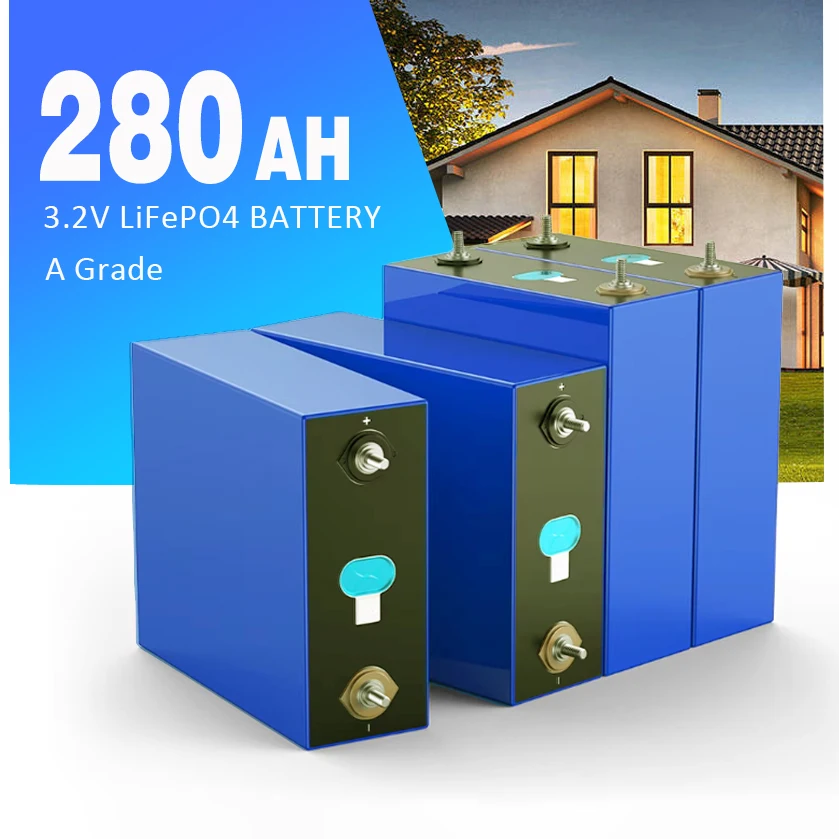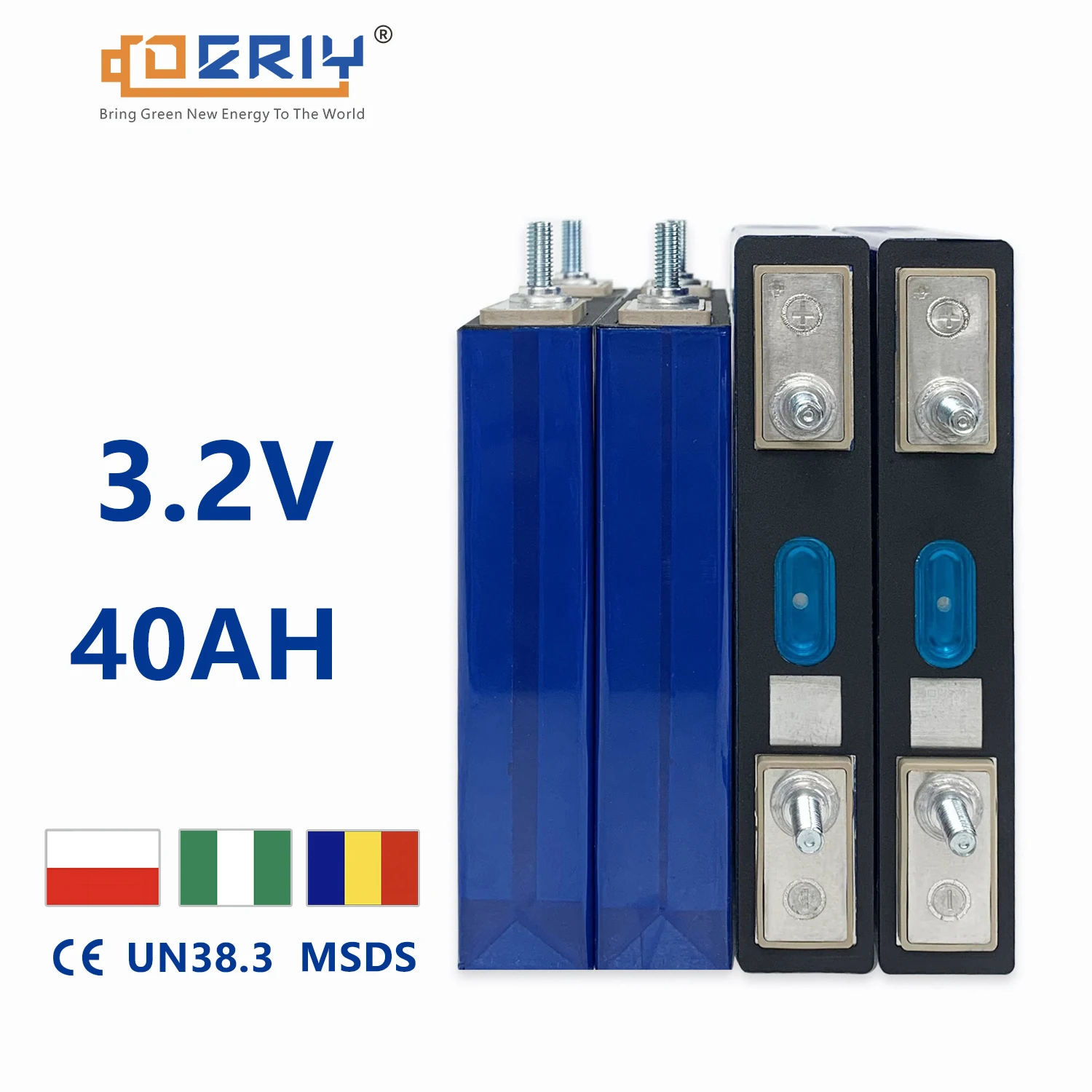
The LFP battery life cycle references the count of charge - discharge cycles a battery can endure before its capacity damages considerably. Usually, LFP batteries have a lengthy life cycle, frequently more than 2000 cycles. This is because of their stable chemical structure. When a battery is charged or discharged, lithium ions shift positions between the anode and cathode. Some degradation occurs over time, but LFP batteried are more withstandable towards this when compared to other technologies, therefore offering lower cost for energy storage applications in the long term.
